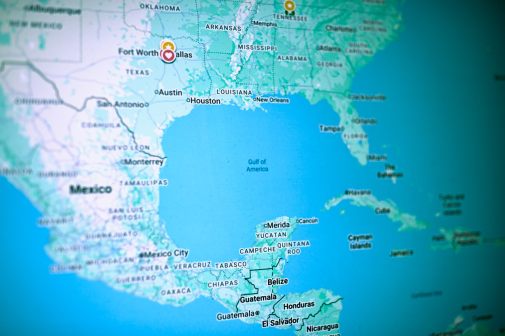Pandemic gave government’s digital services a new ‘baseline’

While the coronavirus pandemic has forced state and local governments to move traditional services online quicker than ever before, some state officials, like Georgia Chief Digital Officer Nikhil Deshpande, say that 2020’s speed of digital transformation will become the new “baseline” for government agencies in a post-COVID-19 world.
Deshpande, who leads Georgia’s Digital Services team within the state’s technology authority, said in a Scoop News Group event on Thursday that he now expects his state’s digital service delivery, which is expanding faster than ever before, to run even smoother in a post-pandemic world and meet more Georgians in rural communities than it did before the pandemic hit.
Georgia saw a massive economic downturn earlier this year due to the pandemic, experiencing a nearly 5,000% increase in unemployment claims between March and May. That strained the state’s IT infrastructure, Deshpande said, but agencies that were able to scale their digital services were able to meet the demand. That’s a lesson that Deshpande said his team and the agencies he works with need to keep in mind even after the pandemic resides.
“We are looking at this as a really good baseline,” Deshpande said. “If you give your service delivery in serving constituents in a crisis mode, in a non-crisis mode your services will be easily consumable.”
But even when Georgia isn’t operating in a crisis, he said, the pandemic has made it clear that agencies can’t allow their digital services to stay stagnant once they’re operational.
“We know for a fact that digital is not going to be a choice going forward. Digital is going to be a starting point,” Deshpande said. “We cannot afford to go back to pre-pandemic times, or even before that, at this point. Anything that was not designed with data in mind … is struggling to keep up.”
Large tech companies like Google and Apple — which have, incidentally, combined to develop a COVID-19 contact-tracing API used by a growing number of governments — are constantly updating their digital services. One thing that state government and those companies have in common, Deshpande said, is that they both supply services — whether they be videos and music or subsidies and permits — to the same customers. Therefore, he said, there’s no reason why government should lag behind its private sector competitors in constantly improving digital services. He emphasized in particular the importance of ensuring that people in rural areas can access digital services as easily as people in metropolitan areas. The improvements won’t happen overnight, however.
“At some point, we feel like we’re making good progress,” Deshpande said. “But you wake up the next day and say, ‘Oh my god, we’re still catching up.’”






